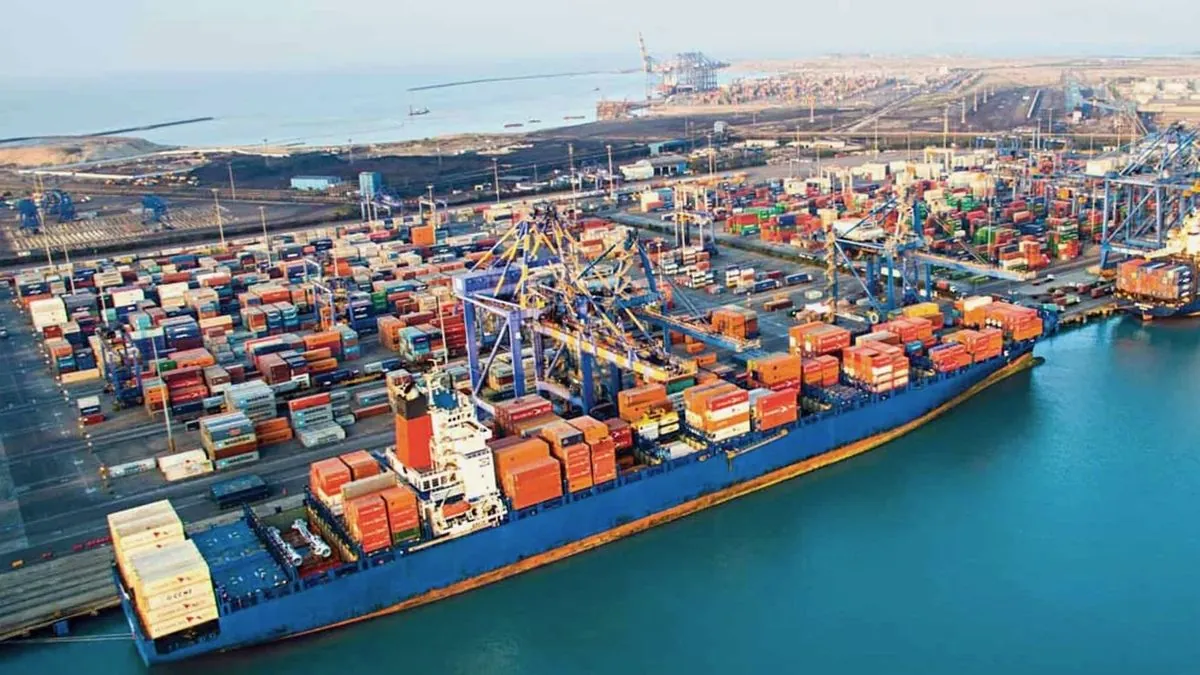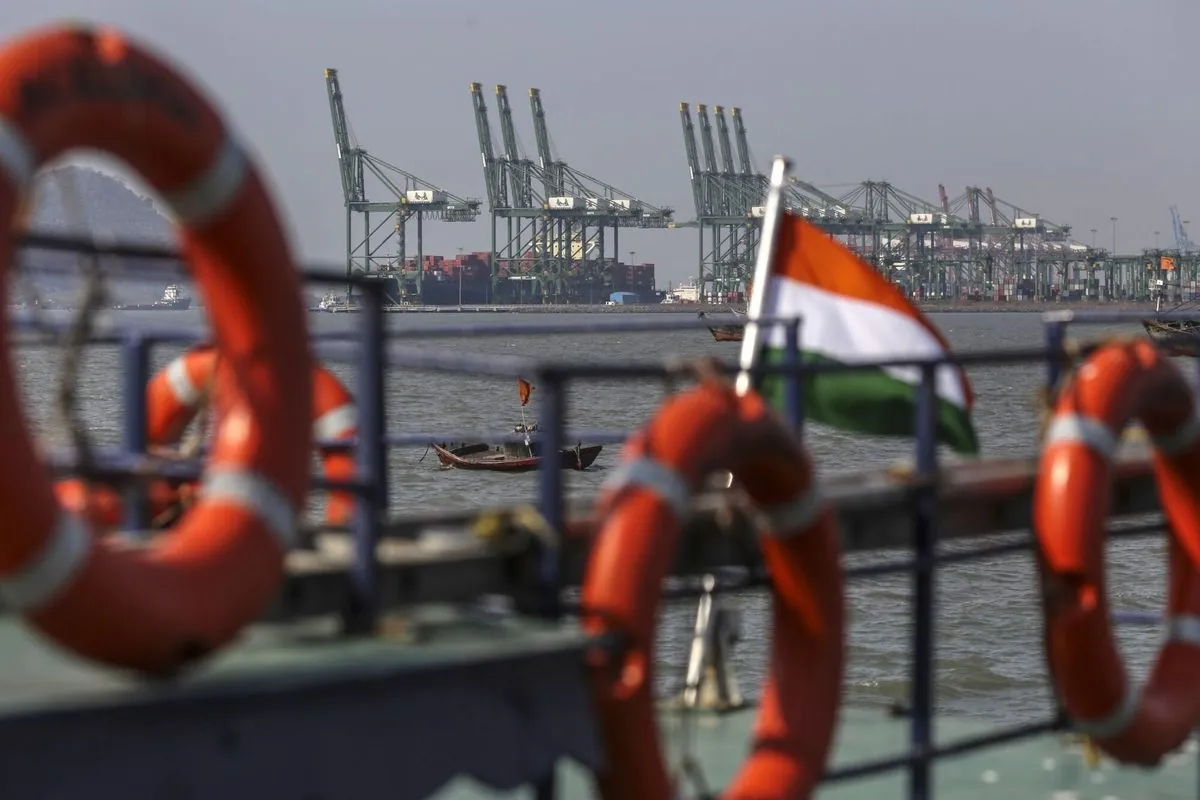Indian Port Workers Call Off Strike After Reaching Pay Deal
Nearly 20,000 Indian port workers canceled a planned strike after agreeing to a new five-year deal, averting potential global supply chain disruptions. The agreement includes an 8.5% pay increase over five years.

In a significant development for India's maritime sector, approximately 20,000 workers at major Indian ports have called off their planned indefinite strike, originally scheduled to begin on August 28, 2024. The decision came late on August 27, 2024, following the successful negotiation of a new five-year agreement between workers' unions and government bodies.
The resolution of this labor dispute has prevented potential further strain on the global supply chain, which has already been grappling with increased freight costs and congestion at key Asian and European ports. India, being among the world's largest exporters, plays a crucial role in international maritime trade, with its ports handling about 95% of the country's trade volume and 70% of trade value.
The new agreement includes an 8.5% pay increase over a five-year period, a compromise from the workers' initial demand of a 10.6% raise. This settlement was reached after extensive discussions between the workers' unions, a bipartite wage negotiation committee formed by the shipping ministry, and India's apex port body.

The negotiation process began in March 2021 when the shipping ministry established the wage negotiation committee. Workers submitted their demands six months later, ahead of the expiration of the previous settlement in December 2021. The prolonged discussions focused on pay revisions and pension benefits, ultimately resulting in a mutually acceptable agreement.
India's major ports, including Chennai, Cochin, and Mumbai, have a combined annual cargo handling capacity of 1.62 billion metric tons. This capacity is crucial for the country's ambitious goal of increasing its cargo handling capability to 3,500 million metric tons by 2025, as part of the government's efforts to promote port-led development through initiatives like the Sagarmala Programme launched in 2015.
The Indian maritime sector has a rich history, with Mumbai Port, established in 1873, being the country's first modern port. Chennai Port, the second oldest, was founded in 1881. Today, Jawaharlal Nehru Port near Mumbai stands as India's largest container port, while Cochin Port is renowned for its world-class natural harbor.
The Ministry of Ports, Shipping and Waterways oversees the development of India's maritime sector, which operates along a vast coastline stretching over 7,500 kilometers. The country's major ports function under the Major Port Trusts Act of 1963, with the Indian Ports Association (IPA), established in 1966, serving as the apex body for these vital maritime gateways.
As of 2023, India ranks 44th out of 160 countries in the World Bank's Logistics Performance Index, reflecting the ongoing efforts to enhance its maritime infrastructure and efficiency. The resolution of this labor dispute marks a positive step towards maintaining the stability and growth of India's crucial port operations, which are essential for the nation's economic development and global trade position.
[[Union Leader Statement]]
"Considering the understanding reached, the six federations agreed to defer the proposed strike."
This agreement not only ensures the continued smooth operation of India's ports but also demonstrates the importance of constructive dialogue between workers and management in resolving labor disputes. As India continues to strengthen its position in global maritime trade, such collaborative efforts will be crucial in maintaining the competitiveness and reliability of its port infrastructure.


































